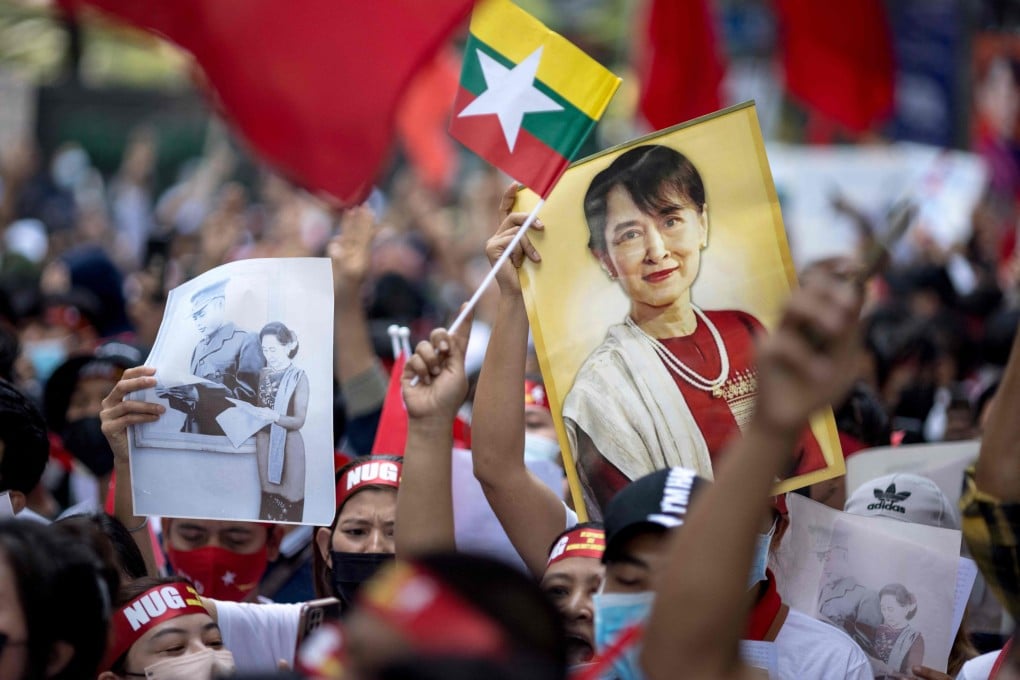Advertisement
Asean push for Myanmar peace continues as it ropes in ‘quiet’ partners China, India, Japan
- Asean countries took part in low-key dialogues that included India, China, Japan and Bangladesh as the bloc seeks to help Myanmar resolve its crisis
- Analysts say the inclusion of ‘quiet’ partners could be a welcome development but is unlikely to result in a major shift of Asean’s Myanmar approach
Reading Time:4 minutes
Why you can trust SCMP
3

As Asean leaders prepare to meet to discuss regional issues, analysts say the inclusion earlier this year of China, India and Japan as “quiet” partners in resolving the Myanmar crisis may be a step forward in the bloc’s bid to push the junta to see through a peace plan.
Since seizing power from the civilian government headed by Aung San Suu Kyi in February 2021, Myanmar’s military has sought to crush armed resistance to its coup, leading to civilian deaths, arrests and casualties. While the junta did agree to a five-point consensus to restore stability and peace, Asean has not been able to convince it to carry out the process.
In Indonesia, where the 42nd Asean summit is taking place on May 10 and 11, leaders are expected to discuss the crisis and the way forward in seeking a resolution.
Advertisement
Sharon Seah, senior fellow and coordinator at the Asean Studies Centre at the ISEAS-Yusof Ishak Institute in Singapore, said Indonesia, as the bloc’s chair, was expected to brief member states on the “quiet diplomacy” activities that took place from January to April.
“There are also expectations that an update on the two Track 1.5 meetings that were hosted by Thailand and India would be provided,” Seah said, referring to discussions hosted by Bangkok and New Delhi in March and April aimed at seeking solutions to Myanmar’s armed crisis and economic chaos.
Advertisement
Advertisement
Select Voice
Select Speed
1.00x
